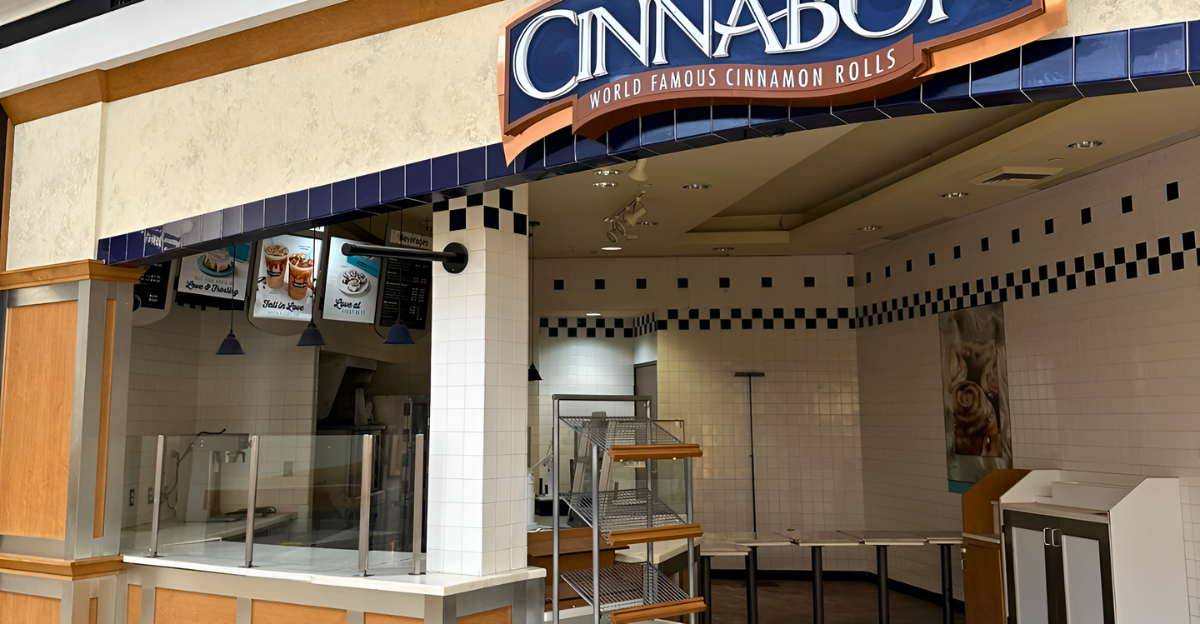
Two of America’s most buzzed-about food chains—Cinnabon and Dave’s Hot Chicken—are scaling back just months after a $1 billion acquisition by Roark Capital. The Atlanta-based private equity firm, known for brands like Dunkin’ and Subway, had promised “sustained growth” when it sealed the deal in early 2025.
According to industry analysts who spoke with Reuters, the recent closures suggest Roark may be tightening its belt before the next expansion wave, a pragmatic and quietly telling move.
Cinnabon Closes All 12 U.K. Stores
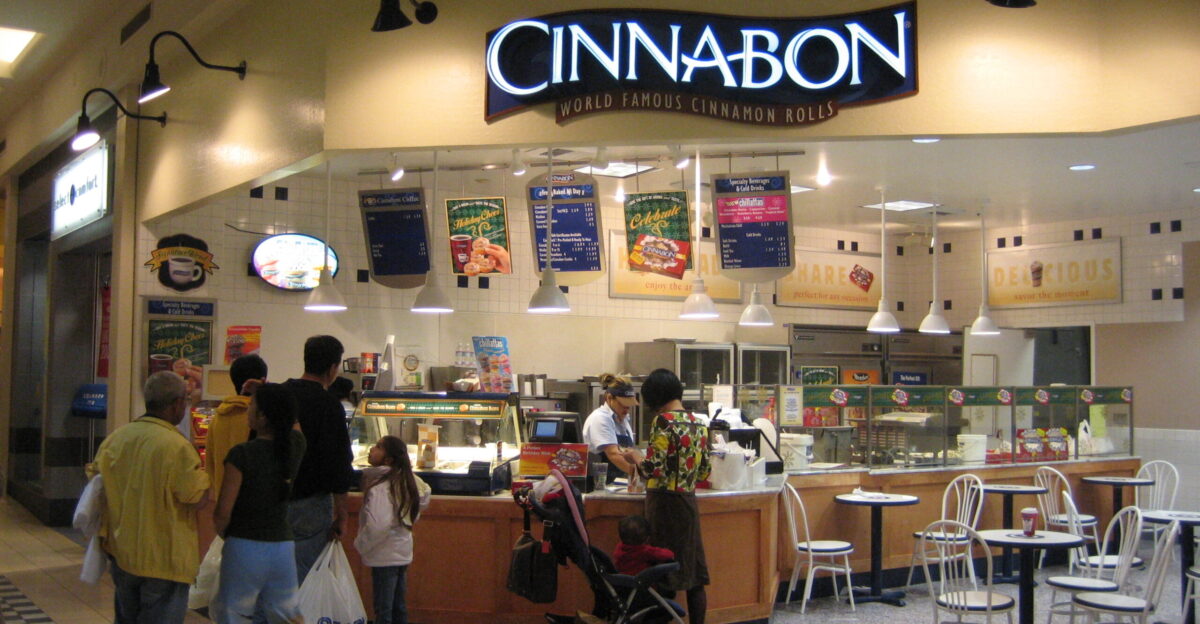
Cinnabon confirmed in September 2025 that it’s closing all twelve of its U.K. stores, five years after arriving with big ambitions. A spokesperson for EG On The Move, the division running the brand overseas, said the decision was “strategic,” meant to refocus on its core convenience-retail business.
According to The Caterer, the company thanked staff and customers for “five wonderful years,” adding that the brand’s exit doesn’t mark failure, but a shift in focus to markets where its sweet scent still draws steady crowds.
A British Dream That Never Quite Baked
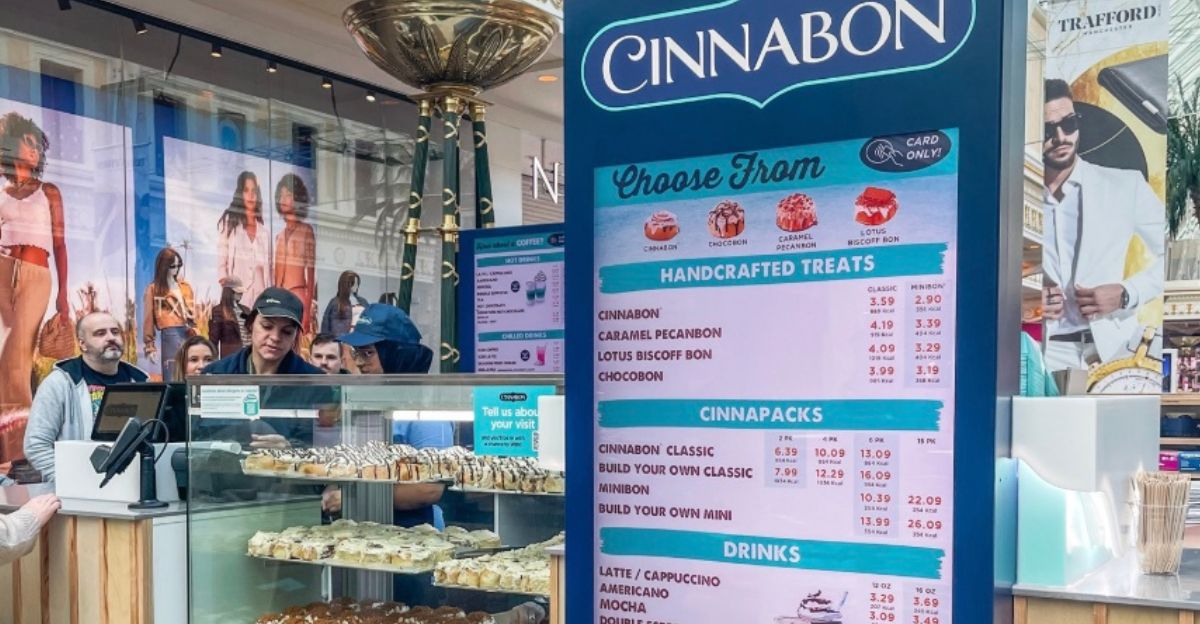
When Cinnabon launched in the U.K. in 2020, its franchise partner promised 150 stores within five years. That plan never rose. According to World Coffee Portal, the brand peaked at around twenty outlets before quietly shrinking.
One former store manager told BBC News that “the cinnamon rolls sold—but not enough to justify rent.” Analysts say the story is familiar: American comfort brands often find the British high street colder than expected, especially as food costs and inflation reshape spending habits.
Why EG Group Decided to Pull the Plug
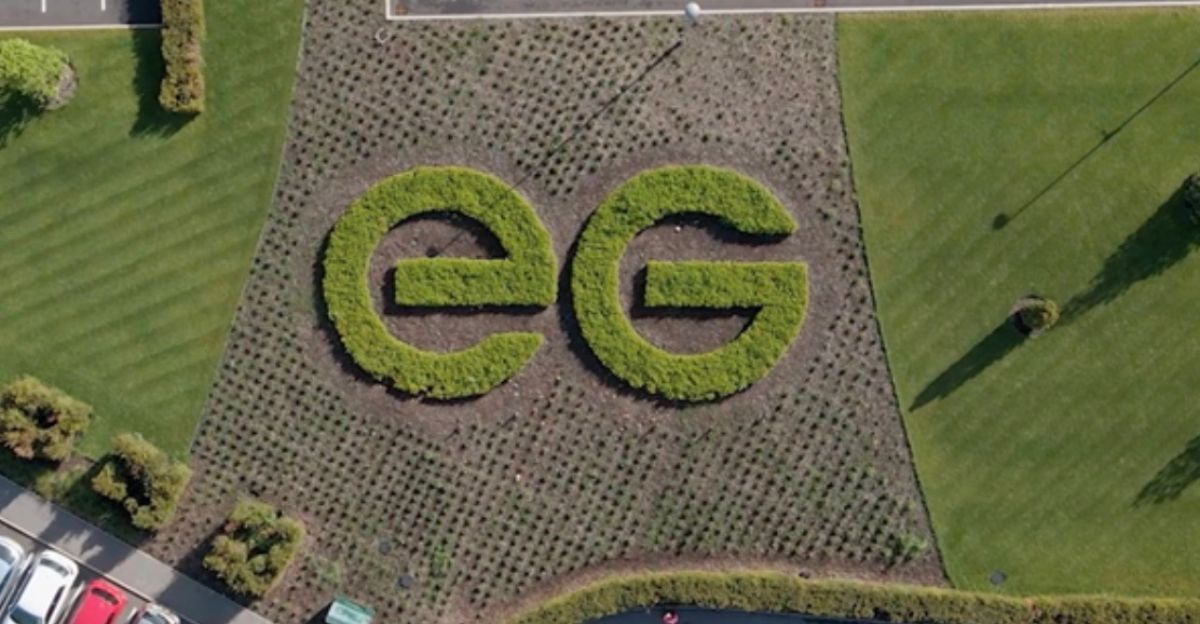
EG Group, which led Cinnabon’s U.K. rollout, said the closures were “not taken lightly.” A company spokesperson told Forecourt Trader that the decision reflected a broader shift toward “where we can deliver the greatest value to customers.” Translation: focusing on fast-moving goods like coffee, groceries, and fuel.
Retail consultant Emma Baker said the move makes sense. “Specialty bakery is hard to scale in Britain right now—margins are thin, and traffic’s unpredictable,” she explained, calling the withdrawal a “clean business choice.”
Cinnabon Still Thriving on U.S. Turf

Even as its U.K. chapter ends, Cinnabon remains a mall and airport mainstay in America. Founded in Seattle in 1985, the chain operates over 1,200 locations worldwide. According to Restaurant Business Online, U.S. sales have stayed strong, especially in travel hubs where nostalgia and aroma sell as much as sugar.
Marketing analyst Rachel O’Brien said the contrast is telling: “Cinnabon works best as a treat of the moment—something you smell before you crave it. That’s harder to replicate abroad.”
Dave’s Hot Chicken Faces Growing Pains at Home
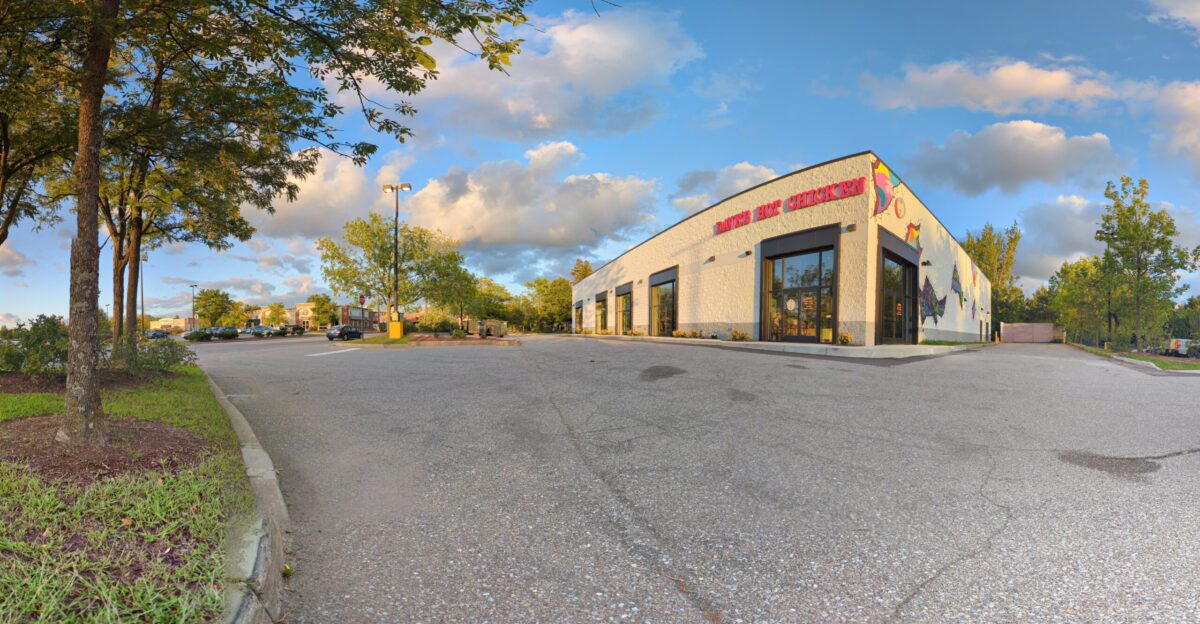
On the other side of Roark’s portfolio, Dave’s Hot Chicken is cooling off in key U.S. cities. Franchise records show recent closures in Brooklyn and Los Angeles. While not a nationwide retreat, restaurant analyst Mark Kalinowski told Nation’s Restaurant News that it’s a “reality check after breakneck growth.”
Founded in a Los Angeles parking lot in 2017, the brand had rocketed to over 300 locations before Roark’s billion-dollar buyout earlier this year—a rise as fast as its Nashville-style spice.
From Pop-Up Dream to Billion-Dollar Darling
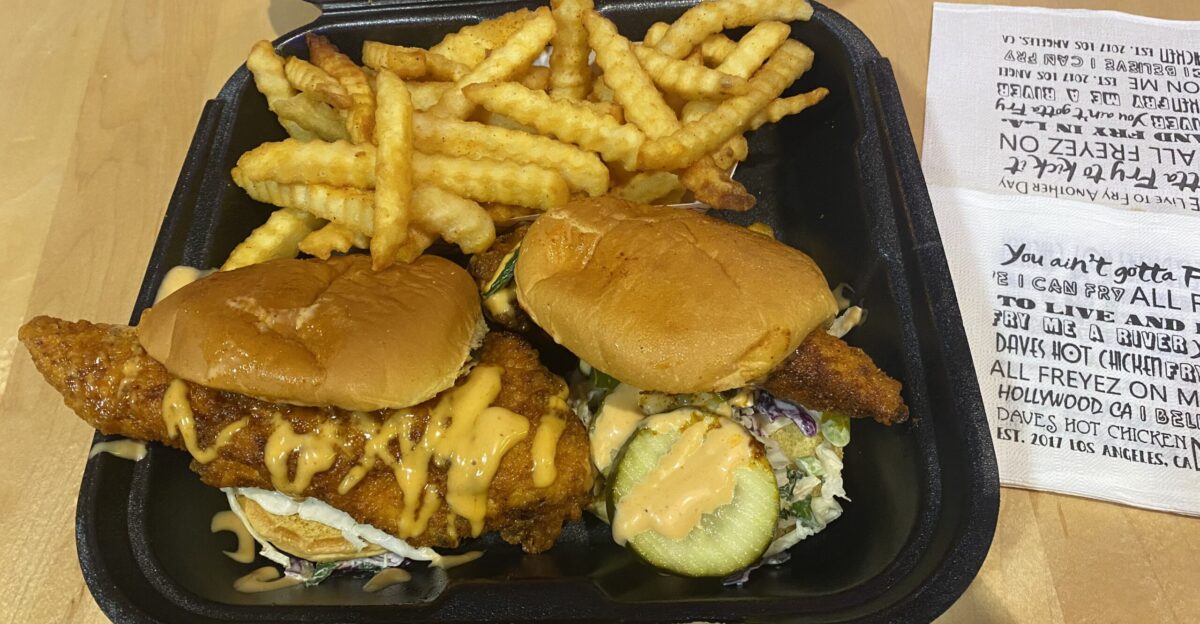
Few restaurant stories grew faster—or hotter—than Dave’s Hot Chicken’s. It leapt from one food stand to a global franchise sensation within eight years. Executives told Reuters the acquisition by Roark felt “like a natural fit,” pointing to the chain’s viral TikTok following and loyal Gen Z fan base.
However, franchise consultant John Gordon says the problem with viral success is that “momentum becomes your master.” If the hype dips, he said, operators still have rent to pay and fryers to fill.
Franchisees Struggle to Keep the Heat Up
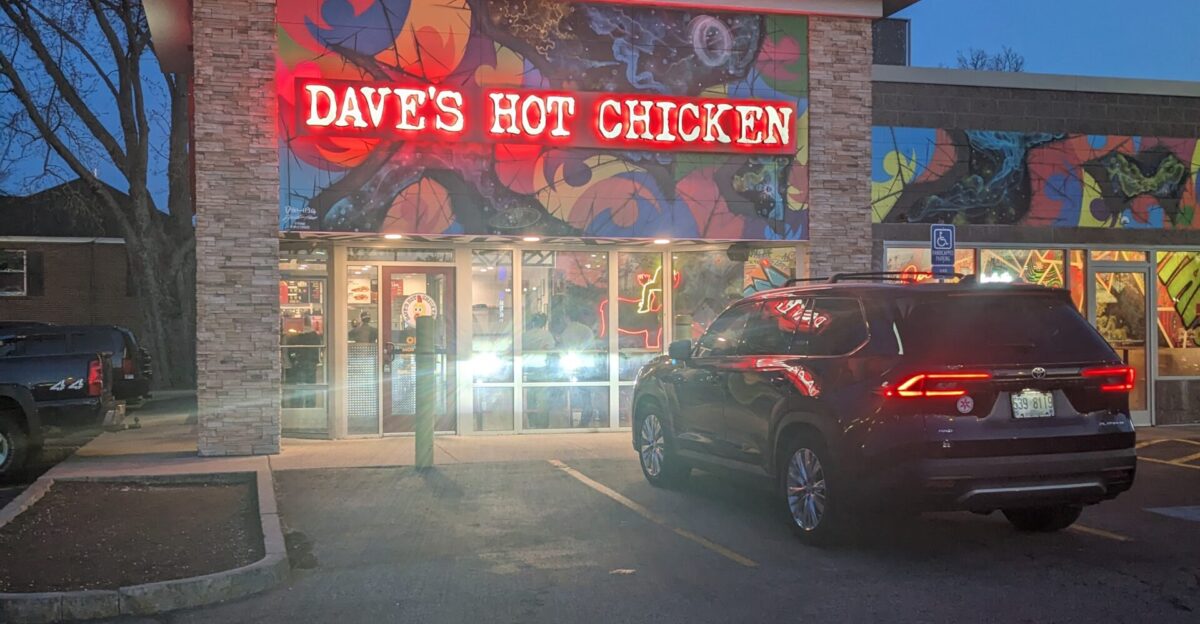
Since the acquisition, several franchisees have reported uneven sales across major metros. One Los Angeles operator told Restaurant Dive that “labor costs and chicken prices are cutting deep,” while another in New York described foot traffic as “softer than expected.”
According to Food Chain Magazine, some franchisees are holding off on new openings until costs stabilize. Analysts say the slowdown isn’t a collapse—it’s the industry’s version of catching its breath after years of red-hot, pandemic-fueled expansion.
The Double-Edged Sword of Social Media Fame
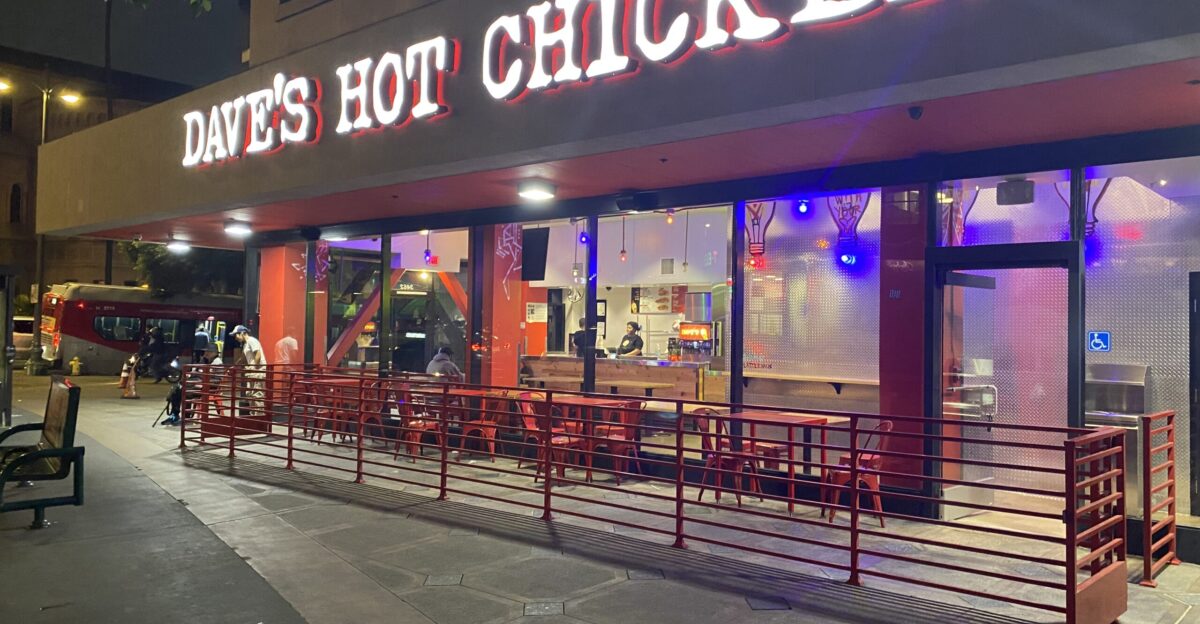
Dave’s Hot Chicken built its empire on social media virality, but that kind of momentum can be fickle. Marketing professor Americus Reed told CNBC that “social buzz is oxygen, but it burns fast.” The brand’s challenge now, he said, is converting followers into repeat customers while navigating high delivery fees and food inflation.
For younger diners who once posted every meal, the novelty may be fading, even if the craving for heat remains. “You can’t go viral forever,” Reed added.
Roark’s Quiet Reshuffle Behind the Scenes
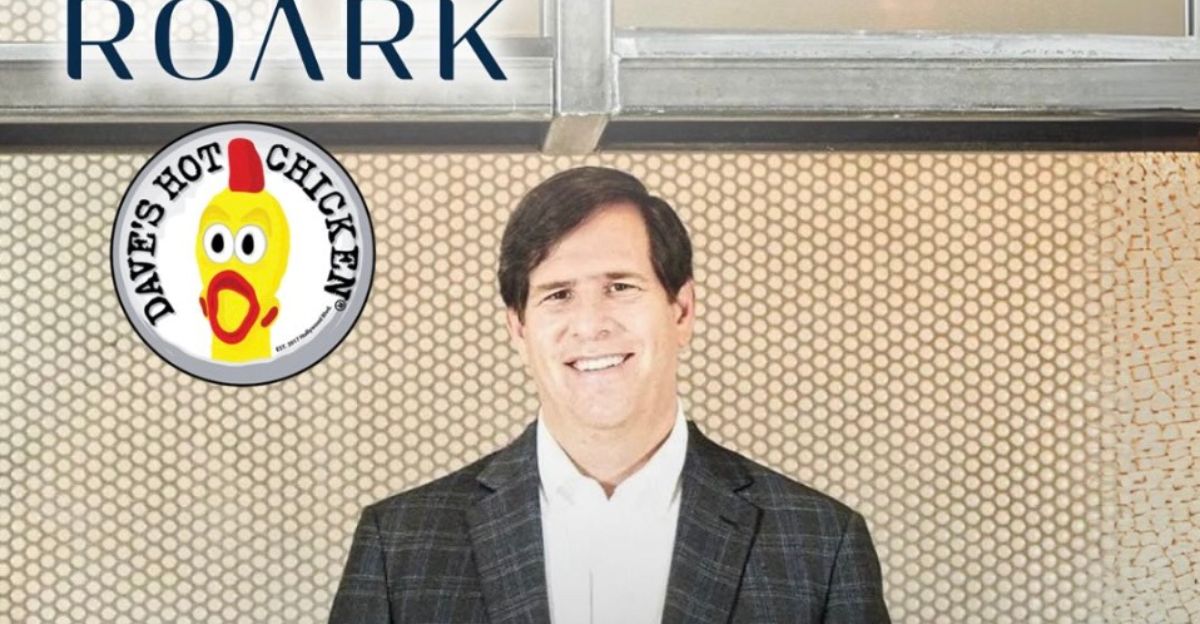
Roark Capital, which manages more than $38 billion in restaurant assets, is no stranger to pruning its portfolio. According to Reuters, the firm often streamlines newly acquired brands, closing weaker sites to strengthen the rest.
Analyst Roger Lipton told investors earlier this year that “Roark plays the long game. They trim before they grow.” He said both Cinnabon’s international exit and Dave’s targeted closures fit that pattern—a reset designed to ensure the brands are running lean before another push outward.
Timing Is Everything in Private-Equity Playbooks
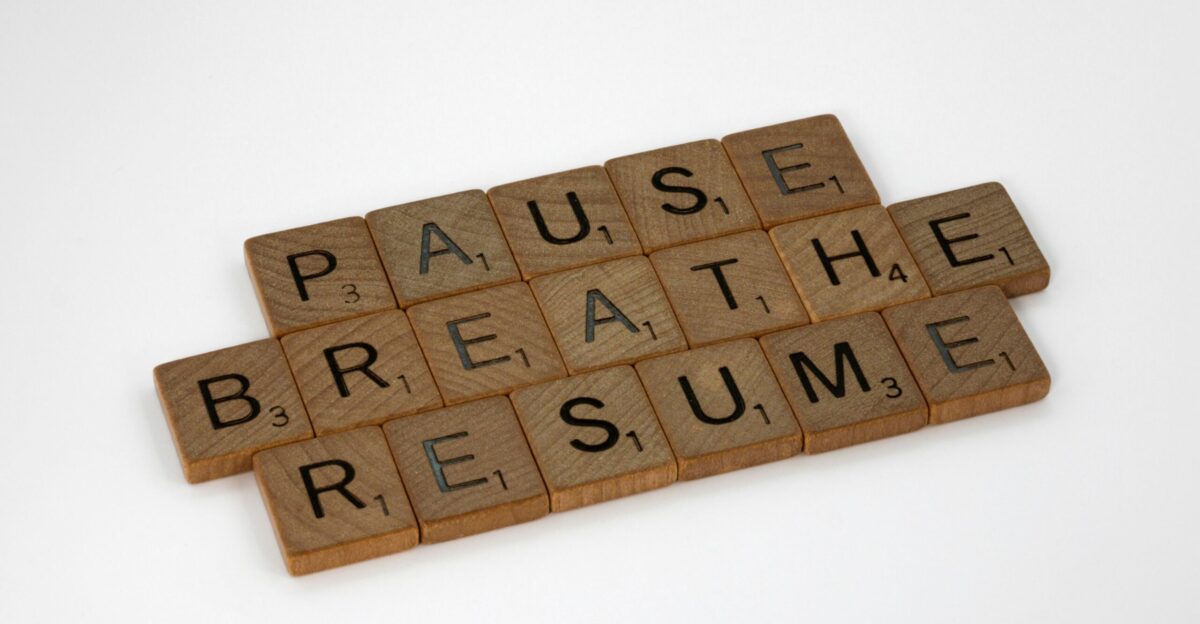
That both brands hit pause within months of Roark’s buyout isn’t a coincidence, it’s timing. Consultant Mark Siebert told Restaurant Finance Monitor that early restructuring is “part of the rhythm.” He explained that private-equity firms often “tighten operations before chasing scale again.”
In other words, these closures might be less about failure and more about control. For Roark, which manages dozens of brands, slowing down could mean ensuring the engine runs before flooring it again.
Margins Under Pressure Across the Industry

Restaurant analyst Roger Lipton said inflation and rising wages continue to squeeze profitability across the sector, noting that “menu prices haven’t kept pace with costs.” According to Nation’s Restaurant News, franchise-heavy models like Roark’s can weather inflation better because they shift risk to operators.
Still, Lipton cautioned, “Even with strong brands, you have to recalibrate. These aren’t cracks—they’re adjustments.” This is a reminder that survival in the restaurant world depends on constant fine-tuning.
Both Brands Aim to Regain Their Footing in 2026
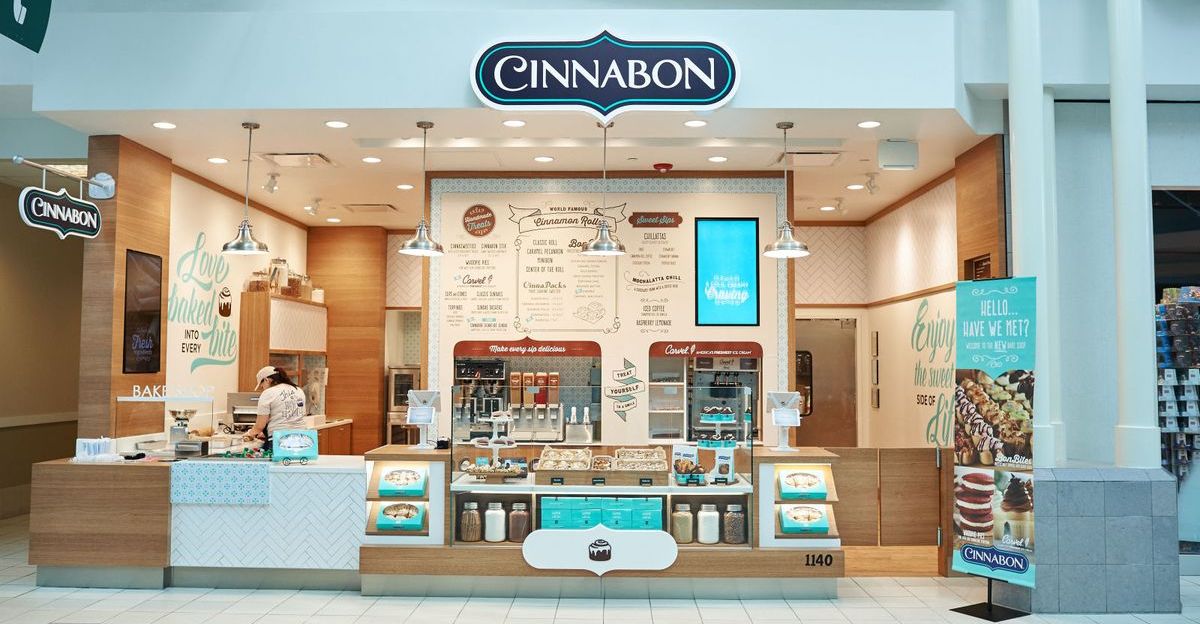
Despite the turbulence, neither brand is in retreat. According to Restaurant Business Online, Cinnabon continues to grow domestically through travel-hub partnerships, while Dave’s Hot Chicken is testing high-margin delivery and catering models.
Franchise expert Cheryl Baty said those channels could stabilize earnings: “Delivery’s predictable, catering’s profitable—it’s a smart pivot.” For Roark, 2026 may not be about adding hundreds of new stores, but about ensuring every one that remains truly earns its spot.
No Sign of Widespread Shutdowns—Yet
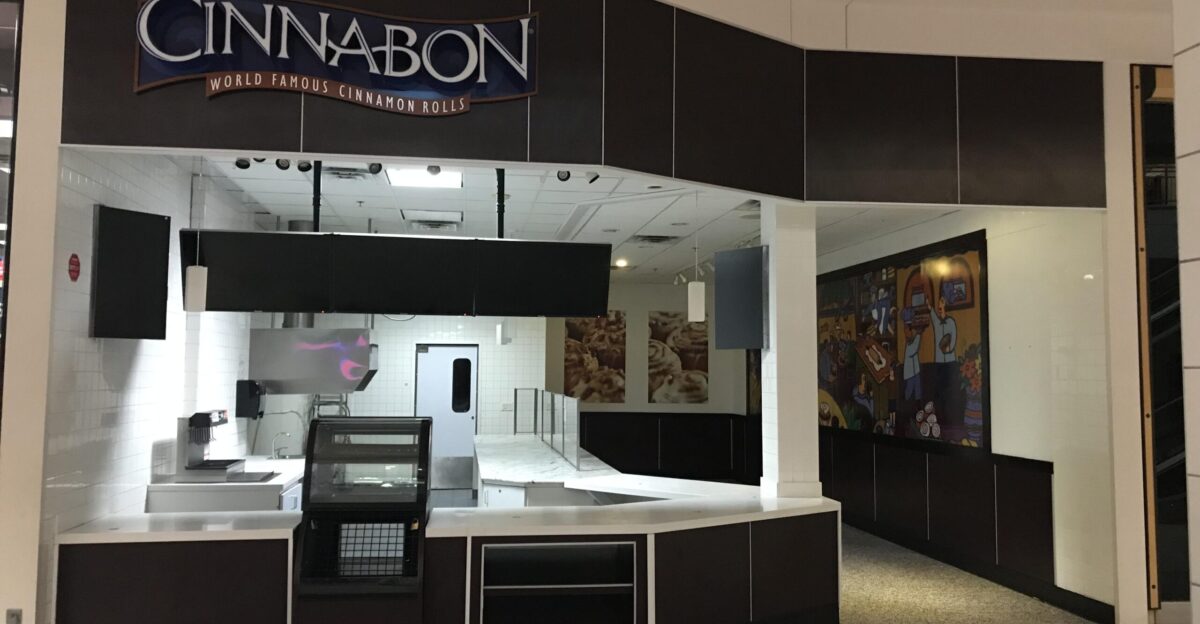
Roark Capital hasn’t announced additional closures beyond those reported. EG Group insisted its Cinnabon decision wasn’t linked to financial strain, while a spokesperson for Dave’s told QSR Magazine that franchise adjustments were “routine business decisions.”
According to analysts, that language suggests fine-tuning rather than crisis management. One industry insider said, “They’re not cutting dead weight—they’re reshaping muscle.” In private-equity terms, that’s as normal as it gets after a billion-dollar feast.
A Reality Check for Billion-Dollar Ambitions

From Cinnabon’s retreat from Britain’s high streets to Dave’s Hot Chicken trimming its U.S. footprint, the message is clear: even billion-dollar brands must pause for breath. Retail strategist Neil Saunders said it best—“Every growth story eventually meets the wall of reality.”
For Roark, the challenge isn’t saving struggling brands but fine-tuning successful ones for a shifting economy. These aren’t endings; they’re recalibrations, and maybe, the prelude to a smarter, steadier second act